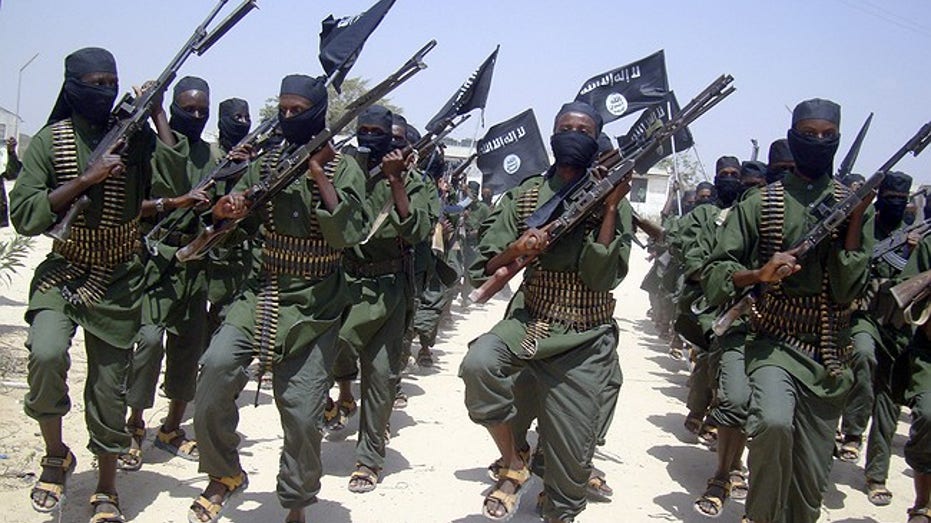US Implements Travel Ban on Certain African Nations Amid Bold Measures to Protect Americans from Terrorism
President Trump imposes travel bans on 10 African nations amid security and immigration concerns.

President Donald Trump's new travel restrictions on 10 African countries have sparked significant debate in both U.S. political and international circles, with many analysts highlighting the move as a major step toward enhancing national security. The restrictions were announced following a high-profile terror attack in Boulder, Colorado, targeting a pro-Israel group. The suspect in the attack is reportedly an Egyptian man who had overstayed his visa, underscoring concerns about border control and visa enforcement.
In a statement released on X, President Trump explained that the renewed travel ban was necessary in light of recent threats and attacks, stating, "We will restore the travel ban, some people call it the Trump travel ban, and keep the radical Islamic terrorists out of our country." This message was echoed by the State Department’s principal deputy spokesperson, Tommy Pigott, who emphasized in a press briefing that "This is a national security imperative."
National security experts point out that many of the affected countries face significant internal instability or have strained diplomatic relations with the United States. "Most, if not all, of the African countries were added to this list either because of extreme instability and thus terrorist havens or because relations between them and the U.S. is either extremely poor or non-existent," noted Bill Roggio, an analyst specializing in terrorism and U.S. defense policy. Some of the included states, such as Somalia and Libya, are considered active terrorist safe havens, with groups like ISIS, al-Qaeda, and Al-Shabaab operating freely within their borders.
The White House stressed the ongoing threat from individuals attempting to use unstable African territories as launchpads for attacks or as staging points to join terrorist movements. In the case of Somalia, recent military actions highlight ongoing U.S. concern: U.S. Africa Command launched five air strikes against militant operators in just under two weeks at the start of June. Meanwhile, Libya remains mired in chaos, with the absence of a central government making vetting and documentation of travelers virtually impossible.
Other nations, such as Chad and Eritrea, present different challenges. Chad's deepening relationship with Russia and presence of Russian mercenaries has raised questions among U.S. policymakers. Both Chad and Eritrea also have high visa overstay rates among their citizens in the United States, with numbers reaching up to 55%. Eritrea, in particular, has been criticized for refusing to accept the return of its nationals slated for deportation, further complicating U.S. immigration enforcement.
The imposition of these travel restrictions comes amid heightened scrutiny of visa compliance and enforcement. Some West African countries listed in the new order have national overstay rates of up to 70% for certain visa categories, posing additional concerns about the ability to track visitors once they enter the U.S. The White House argues that such persistent issues with overstay and repatriation failure present a direct challenge to the integrity of the American immigration system.
However, the move has not been without controversy. Critics have accused the administration of reviving what they term a "Muslim ban," citing the disproportionate impact on predominantly Muslim nations and the possible diplomatic fallout. Yet, U.S. officials maintain that the decision was based solely on security assessments, governance issues, and a lack of reliable documentation from the impacted countries.
Looking ahead, some of the newly sanctioned countries, including Chad, have responded reciprocally. President Idriss Deby of Chad announced a suspension of visa issuance for U.S. citizens, reflecting rising diplomatic tensions. Other nations on the list, such as Togo and Burundi, face chronic poverty and governance challenges, but are now also subject to heightened scrutiny due to concerns over overstays and insufficient cooperation with U.S. border authorities.
As the new travel restrictions take effect, the debate over balancing security objectives with international relations and humanitarian considerations is set to intensify, with the White House defending the ban as essential for U.S. safety, and critics warning of long-term consequences for America’s role on the world stage.




